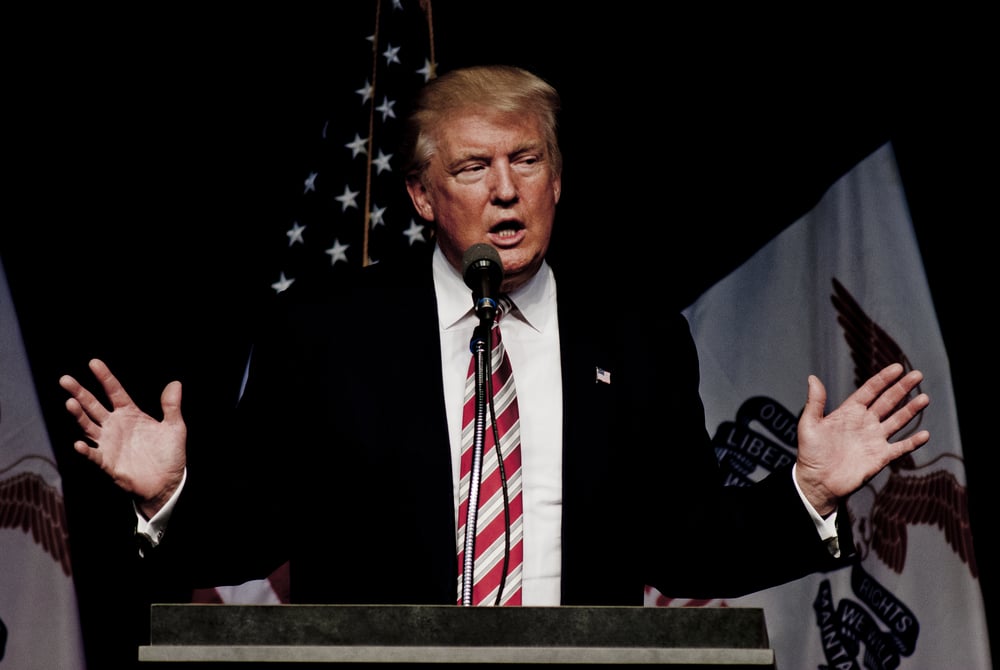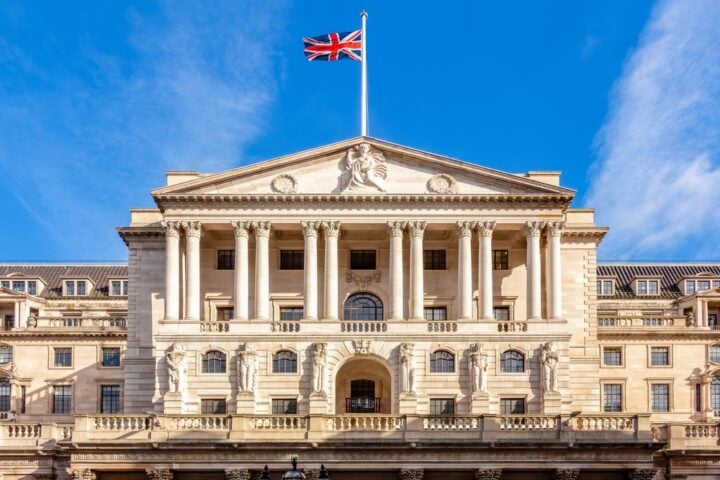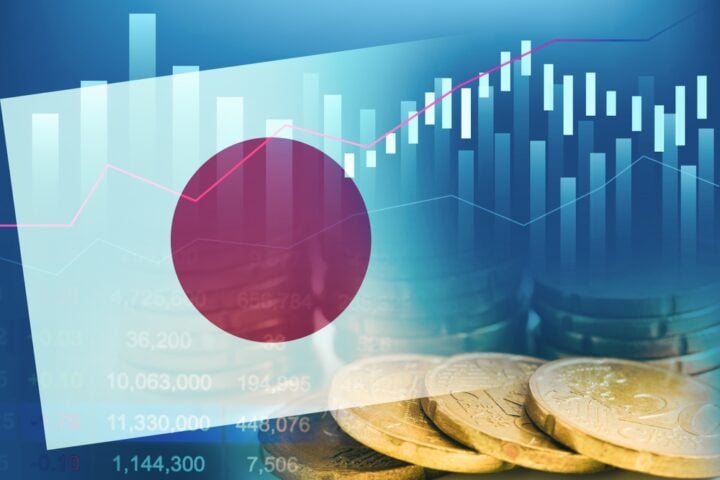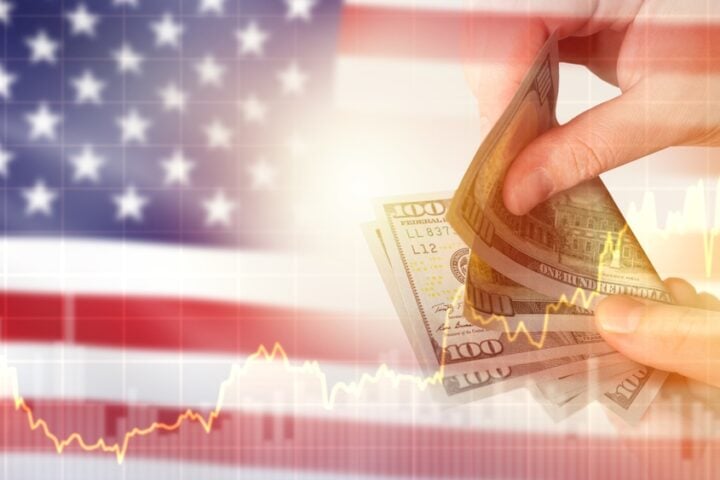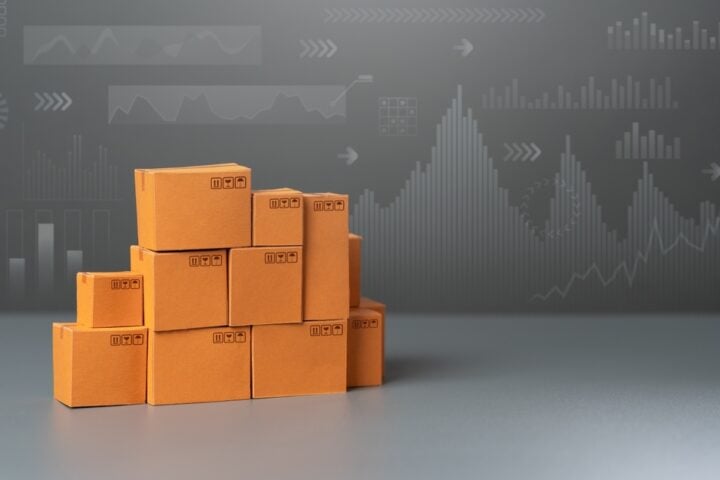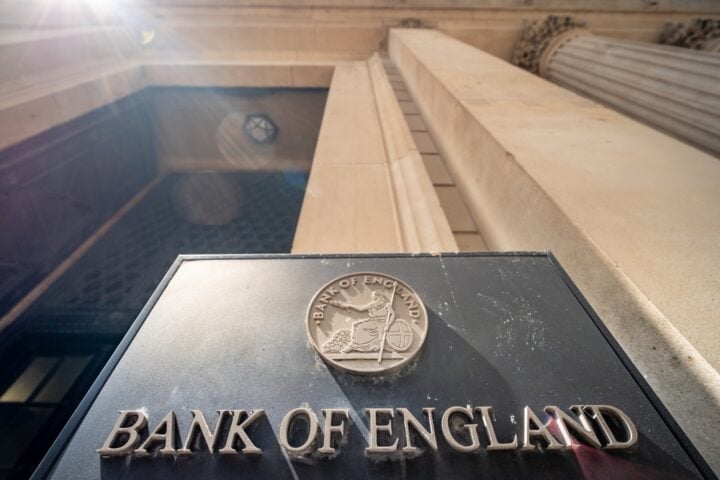From “Golden Age” to Warning on Rising Costs
In a matter of hours, President Donald Trump shifted from hailing America’s new “golden age” to warning parents that their children might face fewer toys, and those toys would cost more. This stark change exemplifies the tension surrounding his “Make America wealthy again” promise and the painful reality of the trade war with China. As the U.S. grapples with the impact of tariffs and economic uncertainty, the president’s words offer a rare moment of pessimism about the costs of his policies.
First Quarter GDP: A Sign of Trump’s Economic Impact
The president’s stark shift in tone coincided with the release of official data showing that the U.S. economy contracted by 0.3% in the first quarter, marking a significant sign of the effects of Trump’s economic policies. Although the decline doesn’t signal an immediate crisis, it was the first clear indication of Trump’s impact on U.S. growth. The data, though subject to revision, has significant political ramifications. The White House had been pushing a narrative of unprecedented success in Trump’s first 100 days, but the GDP dip undermined this portrayal and raised concerns about the future of the economy.
Political Ramifications of Economic Slowdown
While the GDP report may not have signaled an impending crisis, it exposed vulnerabilities in Trump’s political strategy. The loss of momentum could erode the image of Trump as a master businessman capable of guiding the economy to prosperity. If public perception shifts toward seeing the economy heading into rough times, it could have serious consequences, not only for Trump’s approval ratings but also for his fragile political support among Republicans in Congress. This fear of economic downturn becoming self-fulfilling is a constant concern, as the uncertainty could lead to further consumer pullback and panic in the markets.
Blaming Biden: Trump’s Response to Economic Data
As usual, Trump deflected blame for the economic downturn, directing it toward his predecessor, Joe Biden. On social media, Trump posted that the struggling economy was “Biden’s Stock Market,” insisting that the current economic issues had nothing to do with his tariffs. While every administration tries to shift blame for bad economic news, Trump’s claim lacks credibility, especially given that his trade war with China initiated significant disruptions in the global economy. Trump’s response further highlights his approach of deflecting responsibility, despite his central role in triggering economic uncertainties.
The Rising Cost of Goods and the Toy Analogy
Trump’s comments on the potential impact of his trade war with China were blunt: he acknowledged that fewer goods would be available at higher prices, including toys. The president likened the scenario to children receiving fewer dolls, which would cost more due to tariffs on Chinese goods. While his remarks may have seemed flippant, they revealed the real-world consequences of his policies. The reduction in affordable consumer goods, from toys to everyday items like clothing and electronics, could hurt millions of Americans who rely on affordable imports. The president’s comments thus expose the contradiction between his rhetoric and the tangible pain his policies might inflict on ordinary families.
The Disconnect Between Rhetoric and Reality
Despite these realities, the White House continues to paint a rosy picture of the economy, with Trump and his Cabinet members lavishing praise on his administration’s first 100 days. However, this disconnect between Trump’s optimistic rhetoric and the actual economic challenges the U.S. faces signals a deeper problem. Critics, including former Treasury Secretary Larry Summers, have noted the severe impact of Trump’s policies, pointing out the steep decline in consumer confidence, the rising likelihood of inflation, and the drop in stock market values. The growing gap between Trump’s promises and the economic reality suggests that his political strategy may be in danger of unraveling.
Future Outlook: A Perilous Economic Path
As Trump’s economic policies continue to unfold, the path ahead remains uncertain. The trade war with China and the economic consequences of tariffs are far from over, and the president’s comments suggest that the pain may not be over anytime soon. The growing gap between the president’s vision of a “golden age” and the reality of rising costs for American families will likely continue to define his second term. The question remains whether Trump can navigate this increasingly perilous economic landscape, or if the damage to his credibility will be too great to overcome.


